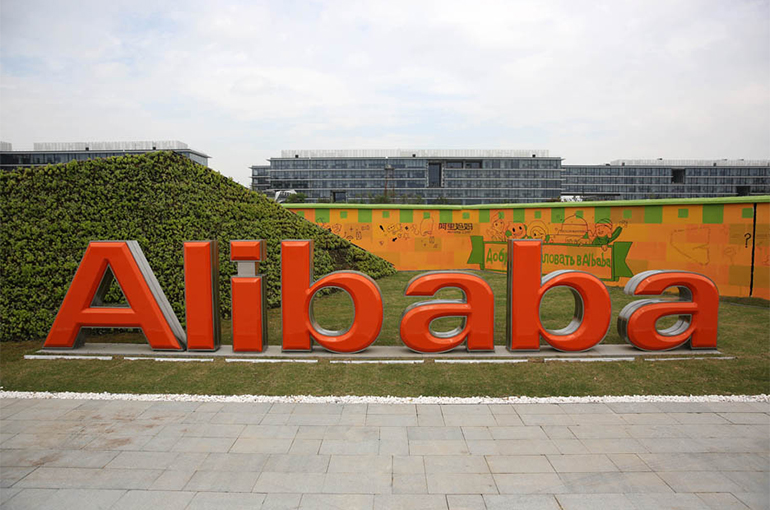 Xpeng Drops After Alibaba Sells Another USD314 Million of EV Maker’s Stock
Xpeng Drops After Alibaba Sells Another USD314 Million of EV Maker’s Stock(Yicai) March 21 -- Xpeng’s shares fell after a unit of Alibaba Group Holding, an early investor in the Chinese electric vehicle startup, sold a further USD314 million of the carmaker’s stock despite its fast-growing car sales.
Xpeng [HKG: 9868] closed 6.5 percent lower at HKD37.90 (USD5) a share in Hong Kong today. In pre-market trading in New York, its equity [NYSE: XPEV] was down 0.1 percent at USD9.50 as of 8.34 a.m. local time, after sliding 3.8 percent yesterday.
Taobao China Holding sold 33 million of Xpeng’s American depositary shares yesterday at USD9.60 to USD9.75 each, or 1 percent to 3 percent lower than their closing price on March 19. Each ADS equals two ordinary shares.
E-commerce titan Alibaba invested in Xpeng in 2017 to become its fourth-largest shareholder with a 10 percent stake. He Xiaopeng, the automaker’s chairman and chief executive, was once chairman of Alibaba Games and president of Alibaba's mobile business group.
In July 2021, almost a year after listing in the United States, the Guangzhou-based maker of the Xpeng P7 and the X9 went public in Hong Kong. The prospectus showed Taobao to be its second-largest shareholder, with almost a 12 percent holding.
This is not the first time that Alibaba has unloaded shares in the Li Auto and Nio rival. It sold 25 million ADS in December, resulting in a stake of 9.2 percent, down from nearly 12.5 percent. Since the start of this year, Xpeng's ADS have lost 32 percent in value and its Hong Kong-listed stock is down 33 percent.
Since the second half of last year, early-stage investors in several Chinese EV makers have reportedly cashed out. Warren Buffett’s Berkshire Hathaway has further pared its stake in BYD, the world's largest EV producer. Wang Xing, founder of Groupon-liked Meituan, has sold shares of Li Auto, while Dahua Technology, a video surveillance gear maker, has offloaded stock in Leapmotor.
The price war being waged in China’s auto market, the world’s largest, has intensified this quarter, Xpeng’s He said during the firm’s earnings conference call yesterday, with a number of players eliminated and some well-known tech firms pulling the plug on funding to the auto industry.
“This marks the official start of smart EVs' knockout round that will run from this year to 2027,” he said.
Xpeng delivered 142,000 cars last year, a 17 percent annual increase. Revenue rose 14 percent to CNY30.7 billion (USD4.3 billion), while its net loss widened by the same to CNY10.4 billion, the firm’s financial report showed.
EV price competition will escalate this year, industry sources predict, adding that prices of lithium carbonate, a major raw material for batteries, may have already bottomed out. Those EV makers that failed to make a profit last quarter or this quarter will have a hard time doing so in the future, the sources said.
Much uncertainty surrounds the upgrade of EV technology, Lin Jiayi, head of private equity fund manager Xuanjia, told Yicai. Global car giants such as Japan’s Toyota Motor and Germany’s Volkswagen Group have slowed their electrification, mainly due to bottlenecks in building charging infrastructure. Meanwhile, hybrid vehicles are gaining in popularity in China, Lin added.
Editor: Emmi Laine